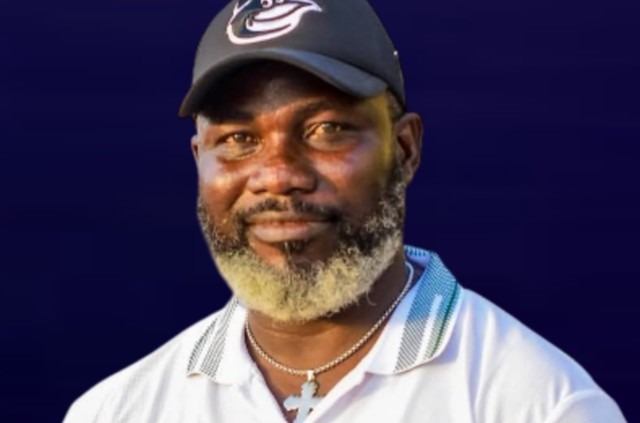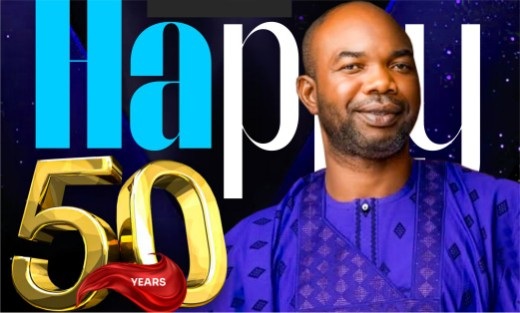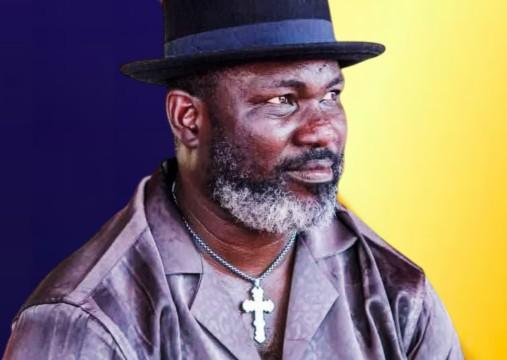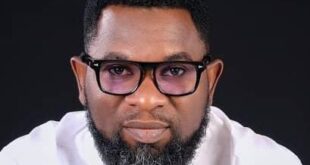INFRASTRUCTURE: The 'Agbero' transforming Delta and the place of riverine communities in Oborevwori's Devt Agenda By Abai Francis
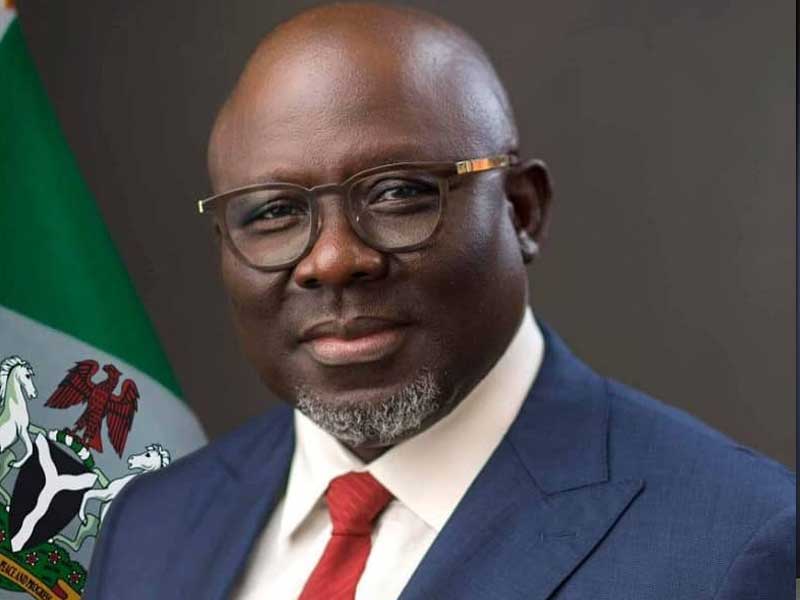
I could recall during the 2023 general election in Delta State the perception that some Deltans had about the candidacy of Rt. Hon. Elder Sheriff Oborevwori, then one of the frontline contenders for the seat of governor in the State. As usual, he was not spared from the negative branding syndrome that is a part of politicking. Among the tirade of name-calling is one particular slang that was prominent—he was referred to as an 'Agbero', a term that denoted someone who is lazy and always being a nuisance in society. But just after two years of his administration as governor, majority of Deltans have been left speechless going by his developmental strides.
For instance, the governor's landmark projects in the Udu Local Government Area which has seen the transformative DSC Flyover road infrastructure, to the N4.8 billion Udu Harbour Market, as well as extensive rehabilitation of roads and drainage works across Aladja, Opete, Orhuwhorun, and other key communities within and to neighbouring towns such as Ughelli South, Warri, and Uvwie, is commendable, as the Udu area has been one that had experienced neglect for years.
Asides the construction of new flyovers in Warri and Effurun areas, to the upgrading of the Warri Township Stadium, the governor, who had promised to give special focus to the city of Warri, also commissioned strategic roads within its municipality. Strategically, these infrastructural projects will enhance accessibility, boost economic activity, and promote social development across the State.
Poised to sustain the State's infrastructural drive before his first tenure comes to a end, the Governor undertook a foreign trip to China where he met with China Civil Engineering Construction Corporation (CCECC) executives in Beijing. The choice of China is imperative as it is one of the most developed countries that boasts of modern infrastructures, especially in the transport and housing sectors. Among the governor's strategic initiatives was one that outlined plans to enhance connectivity between Delta State’s upland and riverine communities, leveraging on CCECC’s expertise for impactful projects. According to him, his vision is one that focuses on fostering resilience and equitable growth across the State.
So far, while the riverine areas predominantly occupied by the Ijaw and the Itsekiri ethnic groups have witnessed the award of some internal walkway projects among others, however, the governor is yet to register his infrastructural signature boldly in this part of the State, as most communities are yet to feel its MORE Agenda impact. Recall that the riverine areas were part of N275 billion worth of projects that was approved by the governor sometime in February 2025, including approval for the upward review of the popular Ayakoromo bridge that has remained uncompleted after several years the project was flagged off.
Majority of the riverine areas in the State could best be described as experiencing infrastructural poverty. It is very appalling that communities in the riverine areas that are not connected to the national power grid are self-power generating in the absence of a centralised gas turbine system. Moreso, issues of telecommunication is a great challenge as most communities lack modern communication facilities. It is the same story for sectors like housing, healthcare, education, teansport, among others.
Ironically, the riverine area, as the hub of oil and gas exploration industry, is believed to be sidelined always on matters of infrastructural development. This poor attention given to this part of the State over the years has resulted in various theories being propagated by some school of thoughts in this regard. Among these is the belief that the underdevelopment of the riverine areas is purposefully designed to favour the upland areas for investment due to the fear of losing such to the coastal areas. Whether such opinion is true or false, the Oborevwori-led administration has always maintained that its vision is one that focuses on fostering resilience and equitable growth across the State. And if that is the case, then the governor must walk its talk, replicating his wonders of the upland areas in the coastal areas as well.
However, it is my opinion that, the peculiar nature of the riverine areas, is one that calls for a special development blueprint if the tide of infrastructural development must be turned. The Oborevwori-led administration should stamp its bold mark in this regard and end the jinx of underdevelopment of this vital resource based area in the State by coming up with a long term plan of sustainable development for this part of the State that, which when it sneezes, the entire State and Nigeria at large, catches cold. Suffice it to say that if the governor can get it right in the area of infrastructural development for the riverine communities, then it would further cement his reputation.
Indeed, the former speaker of the Delta State House of Assembly turned governor had proved true the concept that one should not judge a book by its cover. More importantly too, is that citizens need to rely on objective, not subjective judgement or reasoning, when making decisions on the candidacy to support in an election year. So far, Oborevwori surprised Deltans and has surpassed their expectations by his actions on development, and if the pace at which he is going is sustained or increased with adoption of a special blueprint for the riverine areas, then he would end up being one of the best, if not the best governor of Delta State.
#penglobaldiscourse #riverine #Delta
